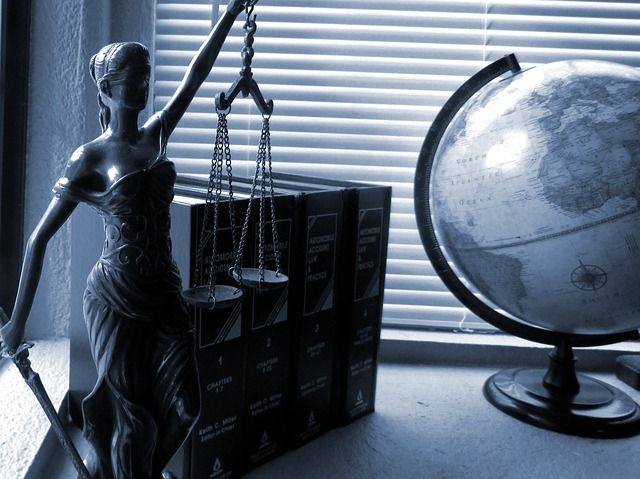California Supreme Court Upholds First Amendment Protections in Hassell vs Bird Decision
In 2014 attorney Dawn Hassell found herself on the receiving end of a negative Yelp review from her former client, Ava Bird. After asking Bird to remove the perceived inaccuracies in the review and Bird declining to do so, Hassell decided to sue on grounds of defamation. The attorney ended up winning that case by default as the defendant neglected to appear on the scheduled court date. The court ruling found the defendant guilty, awarded Hassell over half a million dollars in damages and ordered Bird and Yelp to remove the review.
Bird never answered the lawsuit and didn’t remove the posts, leaving the task to Yelp. However, Yelp was never listed as a party in the case and was initially unable to appeal the ruling because they weren’t actually a defendant. The popular review platform fought to challenge the court’s decision.
The case has caused quite a bit of debate. Many business owners were hoping to have added protection against defamatory content. On the opposite side of the argument were people who felt it would threaten free speech, lead to even more lawsuits, open the door to new ways for businesses to suppress negative reviews, and that the initial ruling was in direct conflict with a federal law already in place to protect the hosts of third-party content.
The case was finally brought to the California Supreme Court. Yelp argued that they were not liable for content posted on their platform and that the Communications Decency Act (CDA) protects their rights as a publisher. The CDA specifically states that liability lies with the author of the content, not the company that hosts the content. The California Supreme Court sided with Yelp, and freedom of speech advocates everywhere, overturning the previous lower court rulings: Yelp, review platforms, bloggers, forums, and social networks cannot be forced to remove content submitted by a third-party.
